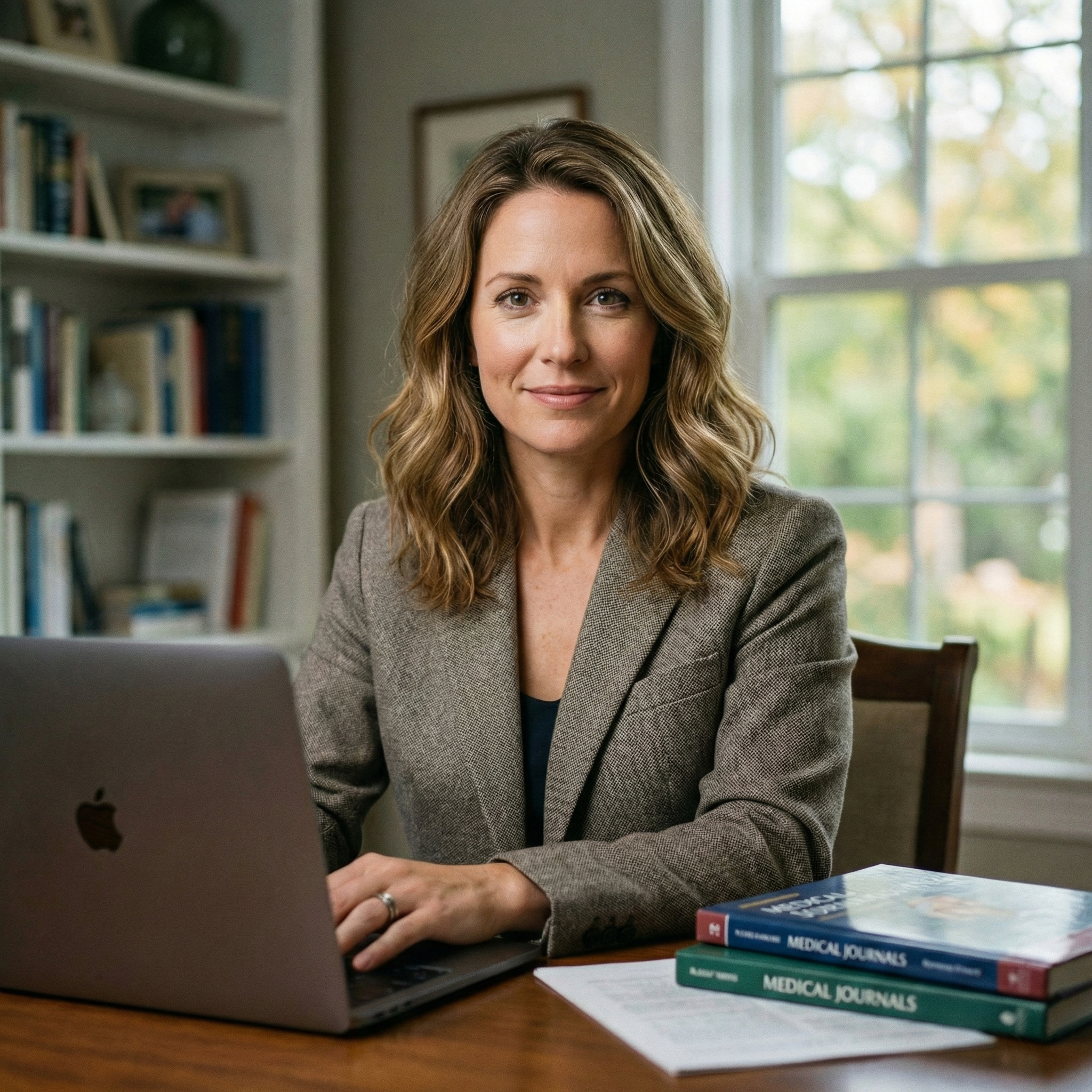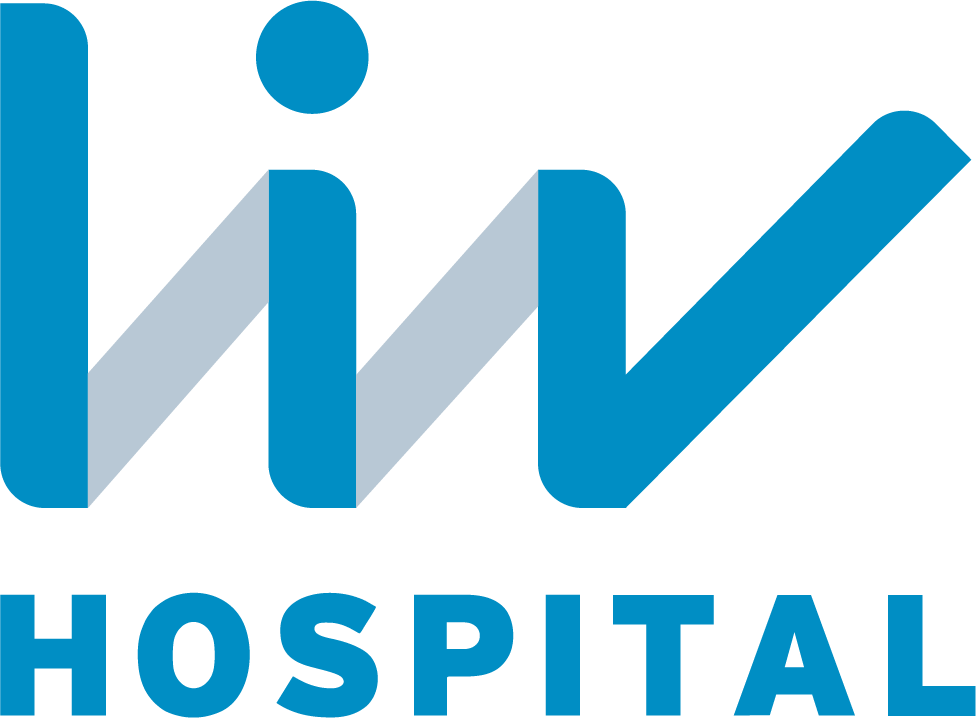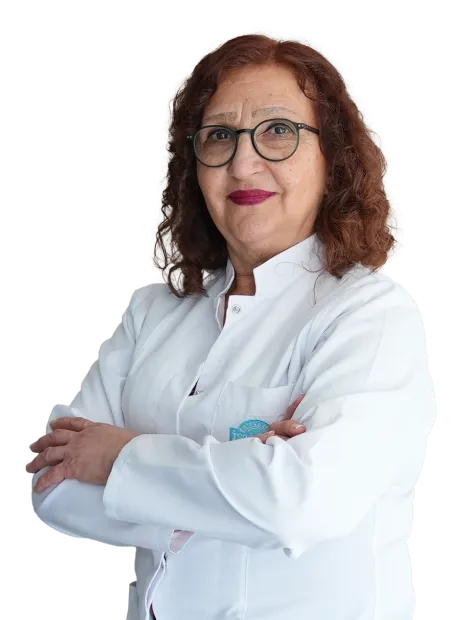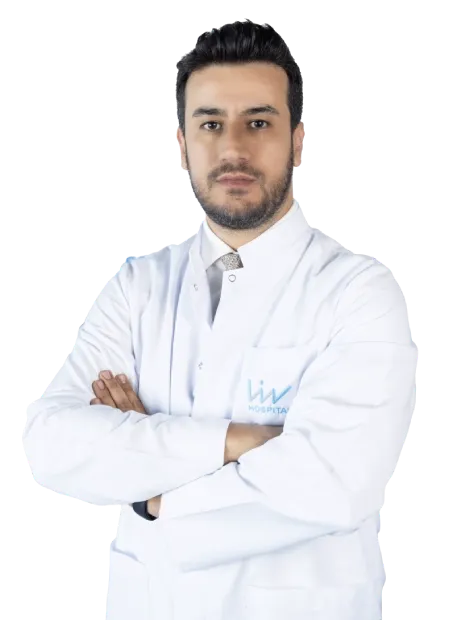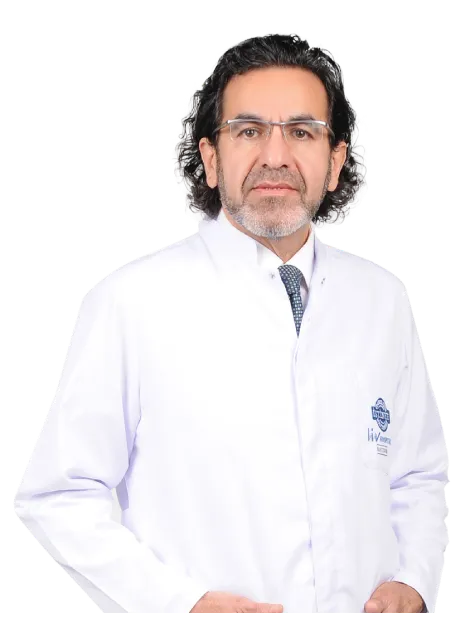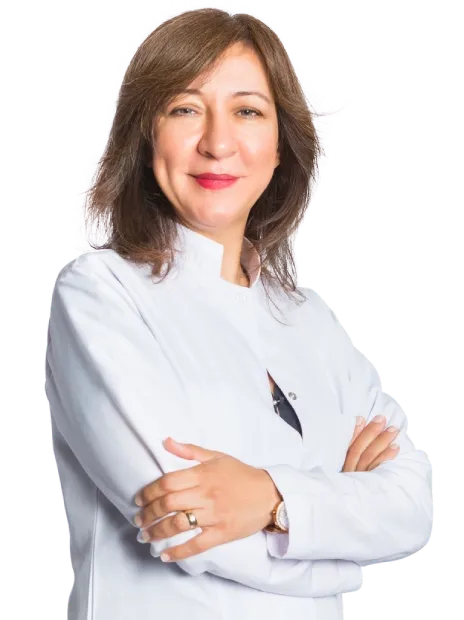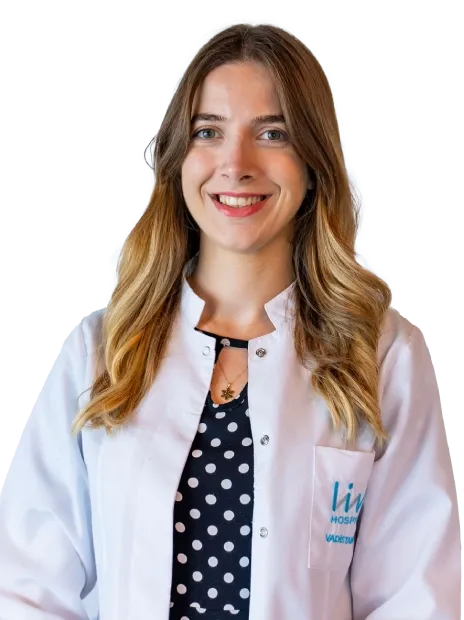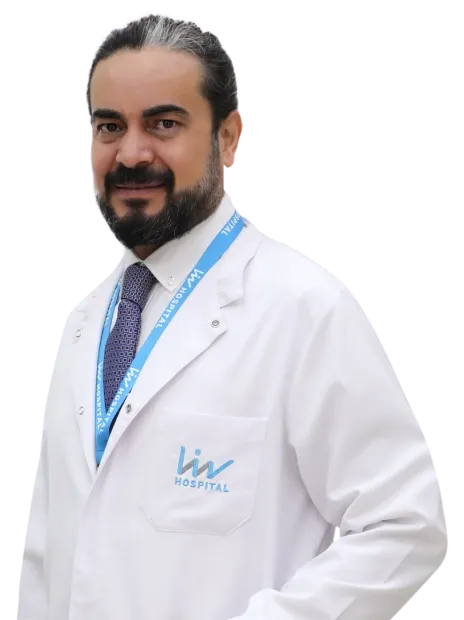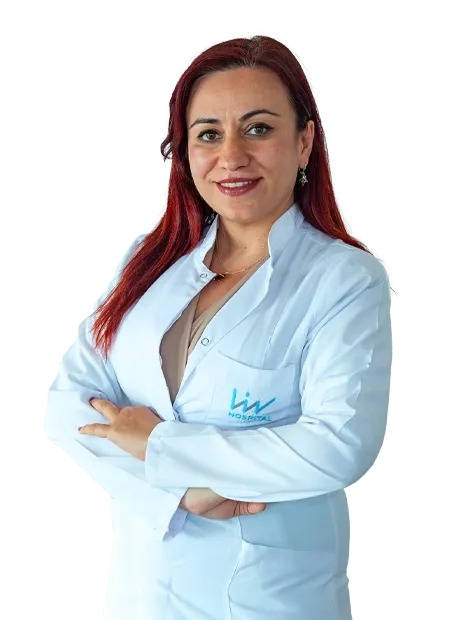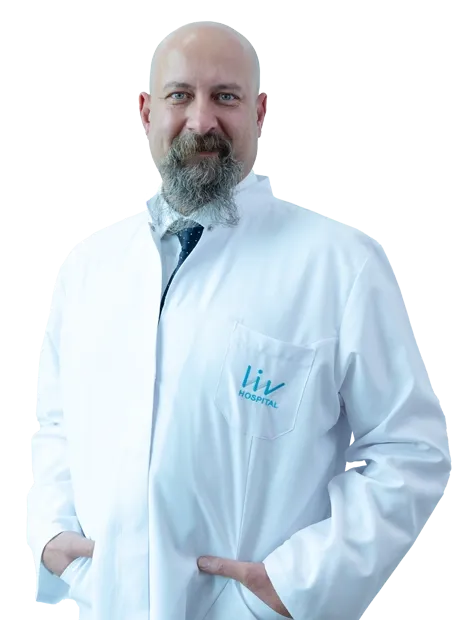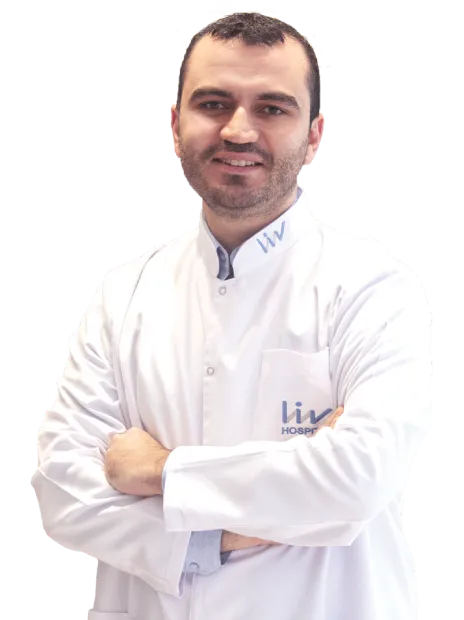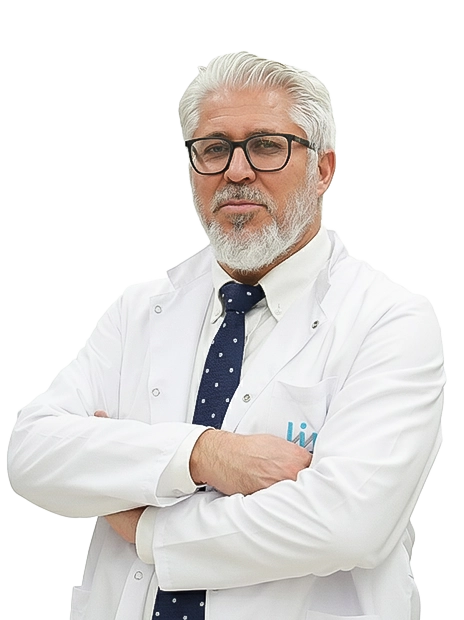
Sports medicine physicians are key in helping athletes recover and perform better. At Liv Hospital, we know how vital a team of experts is for full care.
We aim to give top-notch healthcare to everyone, including international patients. Our team has orthopedic surgeons, cardiologists, and sports physical therapists. They work together to get the best results for our patients.
Looking into the roles and degrees of sports doctors shows each specialist’s unique skills in sports medicine.
Key Takeaways
- Sports medicine involves a range of specialists, including sports medicine physicians and orthopedic surgeons.
- A multidisciplinary team is key for full care of athletes.
- Different specialists bring unique skills to sports medicine.
- Liv Hospital offers top healthcare with a focus on the patient.
- International patients can get full healthcare services from us.
The Growing Field of Sports Medicine

As sports competitions get tougher, athletes need better medical care. This has changed sports medicine a lot. New medical tech and understanding injuries better are key reasons.
The Evolution of Athletic Healthcare
Sports medicine has changed a lot over time. Before, it mainly treated injuries after they happened. Now, it focuses on preventing injuries and treating them early and well.
Key Developments in Sports Medicine:
- Advances in imaging technologies for accurate diagnoses
- Increased understanding of injury prevention and management
- Development of personalized treatment plans for athletes
- Integration of physical therapy and rehabilitation into treatment protocols
Why Specialized Medical Care Matters for Athletes
Special care is key for athletes because it meets their unique needs. Sports doctors know the physical demands of sports and the injuries they cause.
| Aspect of Care | General Medical Care | Specialized Sports Medicine Care |
|---|---|---|
| Injury Diagnosis | Basic assessment | Advanced imaging and precise diagnosis |
| Treatment Approach | General treatment protocols | Personalized treatment plans |
| Rehabilitation | Standard rehabilitation programs | Sport-specific rehabilitation protocols |
Specialized care helps athletes heal faster, perform better, and avoid future injuries. This is what makes sports medicine different from regular medical care.
Types of Sports Doctors: A Comprehensive Overview

It’s important for athletes to know about the different types of sports doctors. This knowledge helps them find the right medical support. The field of sports medicine has many professionals working together to care for athletes.
What Is a Sports Doctor Called?
A sports doctor is often called a sports medicine physician. But the term “sports doctor” can also mean different medical specialists. These include sports medicine physicians, orthopedic surgeons, cardiologists, neurologists, and primary care sports medicine doctors.
Common Terminology in Sports Medicine
In sports medicine, there are many terms for different professionals. Here are a few:
- Sports medicine physician: A doctor who treats sports injuries.
- Orthopedic surgeon: A surgeon for musculoskeletal injuries.
- Sports cardiologist: A cardiologist for athletes’ heart health.
- Sports neurologist: A neurologist for brain and nervous system issues in athletes.
How Sports Medicine Teams Work Together
Sports medicine teams are made up of many healthcare professionals. They work together to care for athletes. This team includes:
- Sports medicine physicians
- Orthopedic surgeons
- Physical therapists
- Sports nutritionists
- Coaches and trainers
These professionals help prevent injuries, diagnose conditions, and create treatment plans. Good communication and teamwork are key for the best results for athletes.
Sports Medicine Physicians: The Non-Surgical Specialists
Physicians in sports medicine are experts in non-surgical care. They are medical doctors who focus on sports-related injuries and conditions. They help both athletes and non-athletes with non-operative musculoskeletal conditions.
Educational Path: M.D. vs D.O. Degrees
Sports medicine physicians can have either an M.D. or D.O. degree. Both paths need a strong medical sciences background. An M.D. program focuses on biological sciences and treating patients.
A D.O. program also emphasizes the body’s systems and musculoskeletal health. The journey starts with four years of undergrad and four years of medical school. Then, they do residency training for three to seven years.
Fellowship Training and Board Certification
To specialize in sports medicine, physicians do fellowship programs. These programs give advanced knowledge in treating sports injuries. Fellowship training lasts one to two years after residency.
Getting board-certified is key. In the U.S., they can get certified through the ABMS or AOA. It shows their expertise and commitment to sports medicine.
Primary Responsibilities and Patient Care
Sports medicine physicians diagnose and treat sports injuries. They also provide preventive care for athletes and active individuals. They manage acute injuries and chronic conditions like tendinopathies.
| Responsibility | Description |
|---|---|
| Diagnosis | Accurate diagnosis of sports-related injuries and conditions |
| Treatment | Non-surgical treatment plans, including medication, physical therapy, and rehabilitation |
| Prevention | Providing guidance on injury prevention, including training techniques and equipment |
They work with orthopedic surgeons, physical therapists, and trainers. This team approach helps patients safely return to their activities.
Orthopedic Surgeons: Surgical Intervention Experts
Orthopedic surgeons are key for athletes needing surgery. They are trained to handle complex injuries and conditions. This training makes them experts in surgical care.
Specialized Training for Sports Orthopedics
Orthopedic surgeons get a lot of education. They start with a medical degree and then orthopedic residency. Those focusing on sports get extra training through fellowships.
Fellowship training in sports orthopedics gives surgeons advanced skills. They learn the latest in treating sports injuries and how to help athletes recover.
Common Surgical Procedures for Athletes
Orthopedic surgeons do many surgeries to help athletes heal. Some common ones are:
- Arthroscopy: A small procedure for diagnosing and treating joint issues.
- Tendon repairs: Surgery to fix torn tendons.
- Fracture management: Surgery to fix and heal broken bones.
- Joint reconstruction: Replacing hips or knees.
Do Sports Medicine Doctors Perform Surgery?
Sports medicine doctors are key in diagnosing injuries but usually don’t do surgery. They work with orthopedic surgeons to decide when surgery is needed.
Sports medicine doctors might do some minor procedures. But, they send athletes to orthopedic surgeons for major surgeries. This teamwork ensures athletes get the best care.
| Specialist | Primary Role | Surgical Intervention |
|---|---|---|
| Sports Medicine Physician | Non-surgical management of sports injuries | Minor procedures, referrals for complex surgeries |
| Orthopedic Surgeon | Surgical intervention for musculoskeletal conditions | Complex surgeries, including arthroscopy and joint reconstruction |
Knowing the roles of sports medicine doctors and orthopedic surgeons helps athletes. It ensures they get the right care for their needs.
Sports Cardiologists: Heart Health Specialists
Sports cardiologists play a key role in keeping athletes’ hearts healthy. They focus on the heart health of athletes. Their care can mean the difference between a successful career and serious health issues.
Cardiovascular Screening for Athletes
Cardiovascular screening is essential for athletes. It helps find heart problems early. Sports cardiologists use medical history, physical exams, and tests like ECGs and echocardiograms.
Key components of cardiovascular screening include:
- Medical history review to identify family history of heart conditions
- Physical examination to detect signs of heart disease
- Electrocardiogram (ECG) to assess heart rhythm
- Echocardiogram to evaluate heart structure and function
Managing Heart Conditions in Competitive Sports
Dealing with heart conditions in athletes is complex. Sports cardiologists create treatment plans that protect health and allow competition. This might include medication, lifestyle changes, or restrictions on sports.
The goal is always to ensure the athlete’s safety while minimizing the impact on their performance. By monitoring and adjusting treatment, sports cardiologists help athletes with heart conditions compete at a high level.
Advanced Cardiac Testing for Performance
Advanced cardiac testing is key for diagnosing and improving performance. Tests like stress echocardiography and cardiac MRI assess heart function under stress. They help find issues that could affect performance.
Advanced cardiac testing can help:
- Identify cardiovascular limitations to athletic performance
- Guide training programs to improve cardiovascular health
- Monitor the effectiveness of treatments for heart conditions
These tests give athletes the insights they need to train better and perform at their best. They help maintain heart health while improving performance.
Sports Neurologists: Brain and Nervous System Experts
Sports neurologists are key in athlete healthcare. They focus on diagnosing and managing neurological issues. Their work is critical for athletes, mainly in contact sports where head injuries are common.
Concussion Management Protocols
Managing concussions is a big part of a sports neurologist’s job. Concussions happen when the head or body gets hit hard. This shakes the brain inside the skull.
They create concussion management protocols. These include:
- Checking the injury right away
- Keeping the athlete out of play for evaluation
- Testing to see how bad the concussion is
- Deciding when it’s safe to play again
Neurological Testing and Monitoring
Sports neurologists use neurological testing methods to check the brain and nervous system. They do cognitive tests, balance checks, and imaging like MRI or CT scans. This helps find and track any brain or nervous system problems early.
Some tests they might use include:
- Computer tests for brain function
- Tests for balance and eye movement
- Checks on how well the athlete walks
Return-to-Play Decision Making
Deciding when an athlete can play again is a big part of a sports neurologist’s job. They look at test results, symptoms, and overall health. This ensures athletes are safe to play.
To keep athletes safe, sports neurologists follow strict guidelines. These come from groups like the Concussion in Sport Group or the American Academy of Neurology. These rules help make sure athletes are not rushed back into play too soon.
Primary Care Sports Medicine Doctors: Complete Care Providers
The field of sports medicine has grown a lot. Primary care sports medicine doctors are key, giving non-surgical care and preventive steps. They are vital for athletes’ health.
Differences from General Practitioners
Primary care sports medicine doctors are different from general practitioners. They focus on sports injuries and conditions. They handle many issues, from sudden injuries to long-term problems in athletes. They know how different sports affect athletes and tailor care for each athlete.
These doctors know a lot about exercise, nutrition, and injury prevention. This knowledge helps them treat and prevent injuries. It keeps athletes performing at their best.
Non-Surgical Treatment of Sports Injuries
Primary care sports medicine doctors are experts in treating sports injuries without surgery. They diagnose and manage injuries like tendonitis and stress fractures. They use medicine, physical therapy, and exercises to help athletes recover.
They also work with other doctors and therapists. This ensures athletes get all the care they need. Their goal is to help athletes return to their sport safely and quickly.
Preventive Care and Performance Optimization
Preventive care is a big part of what these doctors do. They teach athletes about injury prevention, like warm-ups and nutrition. This helps athletes stay healthy and perform well.
They also help athletes improve their performance. Primary care sports medicine doctors create plans to boost athletes’ skills. This includes training, nutrition, and recovery strategies to help athletes reach their goals.
Sports Physical Therapists and Rehabilitation Specialists
Sports physical therapists are key members of a sports medicine team. They create rehabilitation plans for athletes. This helps athletes recover from injuries, get stronger, and perform better.
Educational Background and Specialization
Sports physical therapists get a Doctor of Physical Therapy (DPT) degree. Many also get the Sports Certified Specialist (SCS) credential. This shows they know a lot about sports physical therapy.
Getting this education is tough. It includes learning a lot and getting hands-on experience. They learn how to treat many sports injuries.
Rehabilitation Techniques for Athletes
Sports physical therapists use many ways to help athletes get better. They might use manual therapy, exercises, or special treatments like ultrasound. They aim to make athletes function better, feel less pain, and perform better.
Some techniques they use are:
- Progressive resistance exercises to strengthen muscles
- Flexibility and mobility exercises to improve range of motion
- Balance and proprioception training to enhance neuromuscular control
- Functional training to simulate sports-specific movements
Integration with Medical Treatment Plans
Sports physical therapists work with doctors and surgeons to help athletes. They help make treatment plans that meet the athlete’s needs and goals.
The table below shows how they work together:
| Healthcare Professional | Role in Rehabilitation |
|---|---|
| Sports Medicine Physician | Diagnoses injuries and develops initial treatment plans |
| Orthopedic Surgeon | Performs surgical interventions when necessary |
| Sports Physical Therapist | Implements rehabilitation programs to restore function and performance |
Together, they make sure athletes get the best care. This helps athletes safely and effectively get back to competing.
Sports Nutritionists: Fueling Athletic Performance
Sports nutritionists are key members of an athlete’s team. They create nutrition plans that fit each athlete’s needs. Nutrition is vital for top performance and health.
Athletes need complex diets to excel. Sports nutritionists craft personalized plans. These plans boost performance, aid recovery, and keep athletes healthy.
Credentials and Training in Sports Nutrition
To be a sports nutritionist, one needs a solid nutrition science background. This is often from a degree in nutrition or a related field. Many also get certifications like the Certified Sports Dietitian (CSSD) from the Academy of Nutrition and Dietetics.
These experts keep up with new research and trends. This lets them give athletes advice backed by science.
Customizing Nutrition Plans for Different Sports
Each sport has its own needs. Sports nutritionists make plans that fit these needs. For example, marathon runners need different diets than sprinters or team sport athletes.
| Sport Type | Nutritional Focus | Example Foods |
|---|---|---|
| Endurance (e.g., Marathon Running) | High Carbohydrate, Moderate Protein | Pasta, Rice, Lean Meats |
| Sprinting/High Intensity | High Protein, Balanced Carbohydrates | Lean Meats, Eggs, Whole Grains |
| Team Sports (e.g., Soccer, Basketball) | Balanced Macronutrients, Hydration Focus | Varied Diet, Emphasis on Hydration |
Addressing Special Dietary Needs of Athletes
Athletes may have special dietary needs. This includes vegetarian or vegan diets, food allergies, or intolerances. Sports nutritionists help athletes find safe and effective plans.
For example, a vegan athlete needs to make sure they get enough protein. Nutritionists suggest plant-based proteins and supplements if needed.
Working with sports nutritionists can give athletes a competitive edge. We stress the importance of including them in an athlete’s support team. This helps athletes reach their best performance and health.
Conclusion: Finding the Right Sports Medicine Professional
Sports medicine covers a wide range of specialists. Each plays a key role in athlete and sports participant healthcare. This includes sports medicine physicians, orthopedic surgeons, sports cardiologists, and nutritionists. A complete sports medicine team is vital for the best care.
Finding the right sports medicine professional is key. It’s important for managing injuries, improving performance, or preventing health issues. Choose a sports doctor who is both qualified and has experience with cases like yours.
Knowing the different types of sports doctors helps you make better healthcare choices. Look for a sports medicine team that offers all-around support. This team can help you reach your athletic goals while keeping you healthy and well.
What is a sports doctor called?
A sports doctor is often called a sports medicine physician. They are doctors who focus on sports injuries and health. They help prevent and treat these issues.
What are the different types of sports doctors?
There are many types of sports doctors. These include sports medicine physicians, orthopedic surgeons, and sports cardiologists. Each plays a key role in athlete care.
Do sports medicine doctors perform surgery?
No, sports medicine doctors usually don’t do surgery. They focus on treating injuries without surgery. Orthopedic surgeons, on the other hand, do perform surgery.
What is the role of a sports cardiologist?
Sports cardiologists look after athletes’ heart health. They do heart screenings and tests to help athletes perform better.
What is the difference between a sports medicine physician and an orthopedic surgeon?
Sports medicine physicians treat injuries without surgery. Orthopedic surgeons, while also helping athletes, perform surgery when needed.
What is a sports neurologist?
A sports neurologist deals with athletes’ brain health. They manage concussions and help athletes safely return to play.
What is the role of a primary care sports medicine doctor?
Primary care sports medicine doctors give athletes full care. They treat injuries, prevent them, and help athletes perform better. They have special training in sports medicine.
What is the role of a sports physical therapist?
Sports physical therapists help athletes recover and perform better. They use special techniques and work with doctors to help athletes get back to play.
What is a sports nutritionist?
A sports nutritionist gives nutrition advice to athletes. They create diet plans for different sports and help athletes perform better and stay healthy.
What degrees do sports medicine physicians typically hold?
Sports medicine physicians usually have an M.D. or D.O. degree. Many also get fellowship training and become board certified.
References
- SportsMD Editors. (2023, May 1). Types of sports medicine professionals. SportsMD. Retrieved October 18, 2025, from https://www.sportsmd.com/2023/05/01/types-of-sports-medicine-professionals SportsMD
- Sports Medicine Today. (n.d.). What is a sports medicine physician? Retrieved October 18, 2025, from https://www.sportsmedtoday.com/what-is-a-sports-medicine-physician.htm sportsmedtoday.com
- “Sports medicine.” (n.d.). In Encyclopaedia Britannica. Retrieved October 18, 2025, from https://www.britannica.com/science/sports-medicine britannica.com


